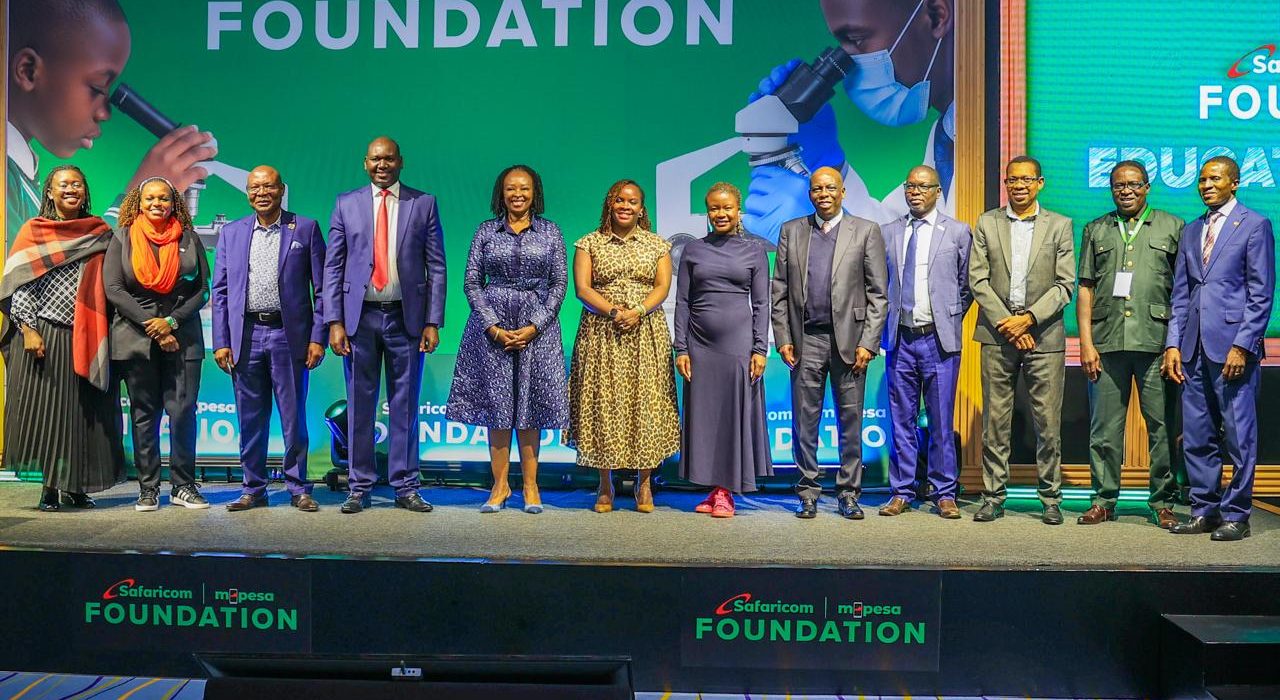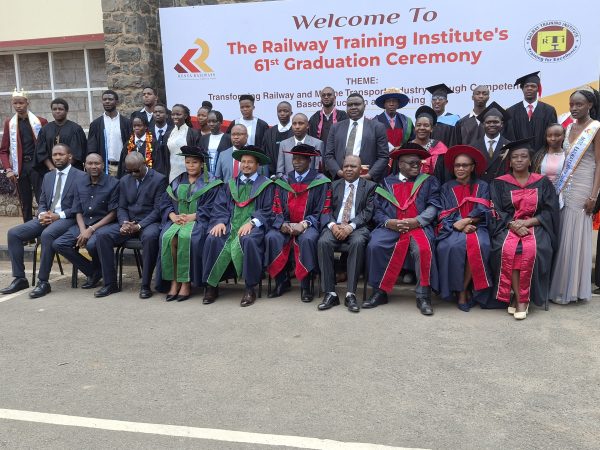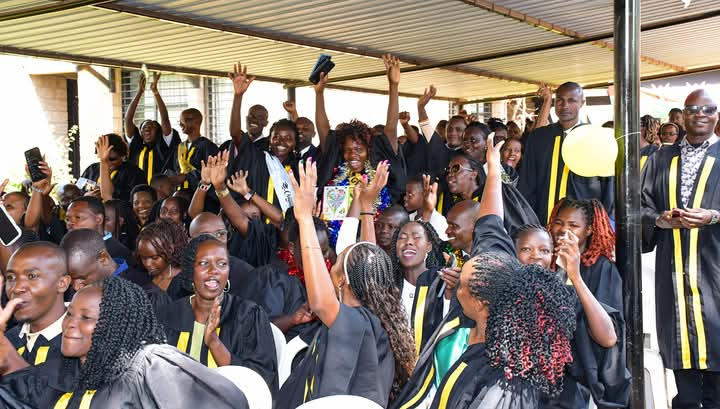By Eddah Waithaka
A stark new report reveals deep disparities in learning outcomes, teacher shortages, and inadequate infrastructure crippling Kenya’s education system.
The State of Education in Kenya report, released today by Zizi Afrique Foundation and Usawa Agenda, highlights urgent challenges in staffing, sanitation, and digital literacy that undermine quality education.
Alarming Literacy Gaps
The report exposes shocking learning disparities. Only 4 in 10 Grade 4 learners can read and comprehend a Grade 3-level English story, while 3 in 10 Grade 6 learners fail the same test. Regional inequities persist, with North Eastern recording the worst performance just 2 in 10 Grade 4 learners meet the benchmark.
Severe Teacher Shortages & Uneven Deployment
Kenya faces a nationwide shortage of 100,000 teachers across primary, secondary, and teacher training colleges.
The Teachers Service Commission (TSC) deploys staff unevenly, with some schools receiving as few as one teacher and others up to 12, exacerbating inequities.
Overcrowded Sanitation Facilities
Schools struggle with dire sanitation gaps. On average, 66 boys share one toilet and 62 girls share another, far exceeding the Ministry of Education’s recommended ratio of 30:1 for boys and 25:1 for girls.
Underfunding & Digital Divide
Despite increased budgetary allocations for Technical and Vocational Training (TVET) institutions, shortages in trainers (9,121), equipment, and ICT integration persist.
The Competency-Based Education (CBE) curriculum now includes coding and digital literacy, yet only 21% of junior school teachers are trained in STEM subjects.
A staggering 35% of schools lack even one STEM-trained teacher, and only 48% of students have access to labs.
Read More On : https://africawatchnews.co.ke/cemastea-and-zizi-afrique-launch-first-numeracy-co-creation-workshop/
Early Childhood Education Crisis
While ECDE enrollment rose by 5%(2018–2021), teacher numbers plummeted from 92,359 (2019) to 69,561 (2022).
Devolution has worsened disparities 51.4% of ECDE-age children in Mandera and 33.3% in Marsabit remain out of school, compared to just 1.3% in Kisumu.
Dr. John Mugo, CEO of Zizi Afrique, stressed the need for better WASH infrastructure, labs, and digital access.
Dr. Emmanuel Manyasa of Usawa Agenda urged standardized ECDE policies to bridge regional gaps.
The report demands stronger partnerships between government, private sector, and communities to tackle funding, teacher training, and infrastructure gaps. Without urgent action, Kenya risks leaving millions of children behind.
Read More Stories At : https://africawatchnews.co.ke/







